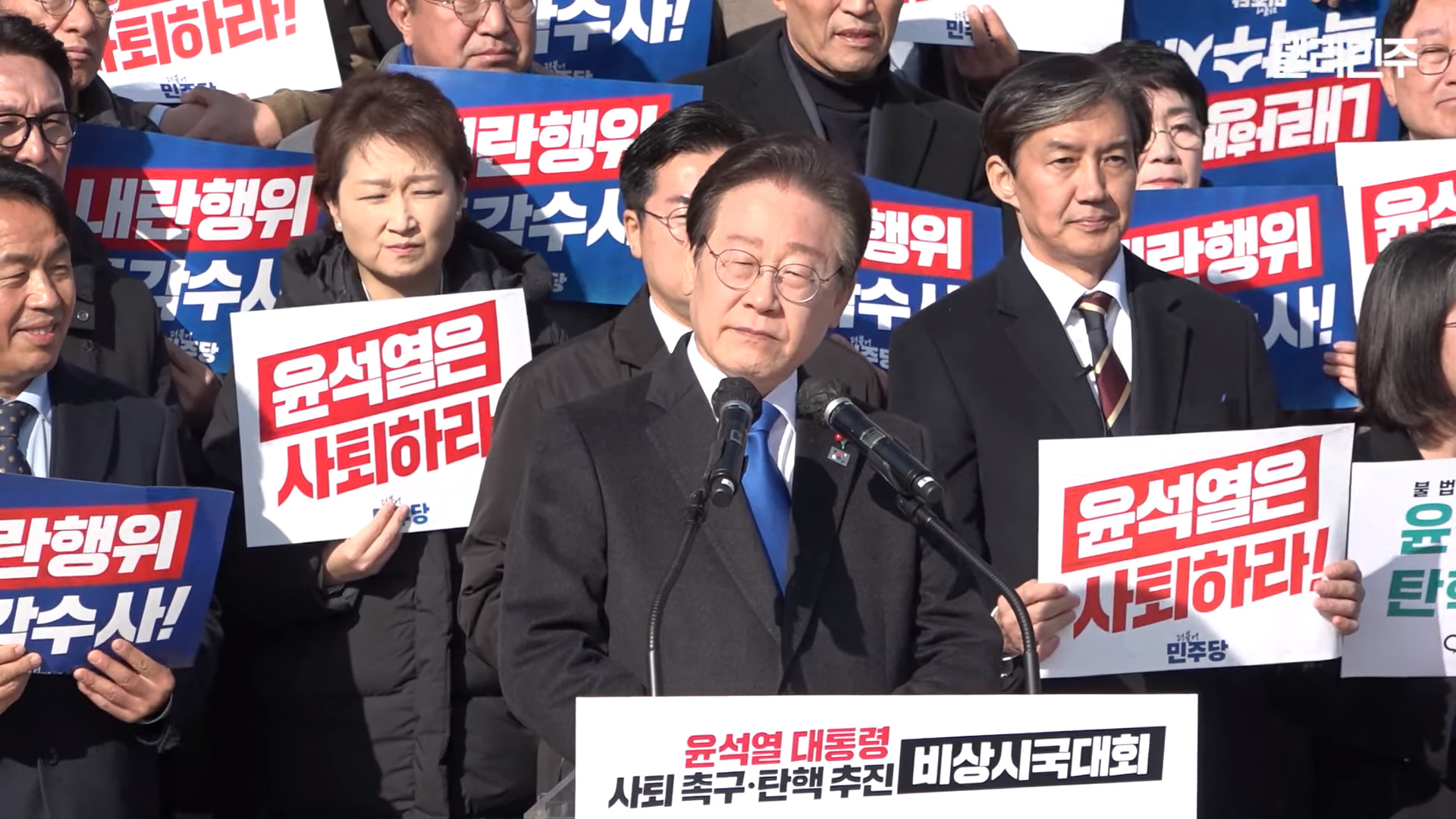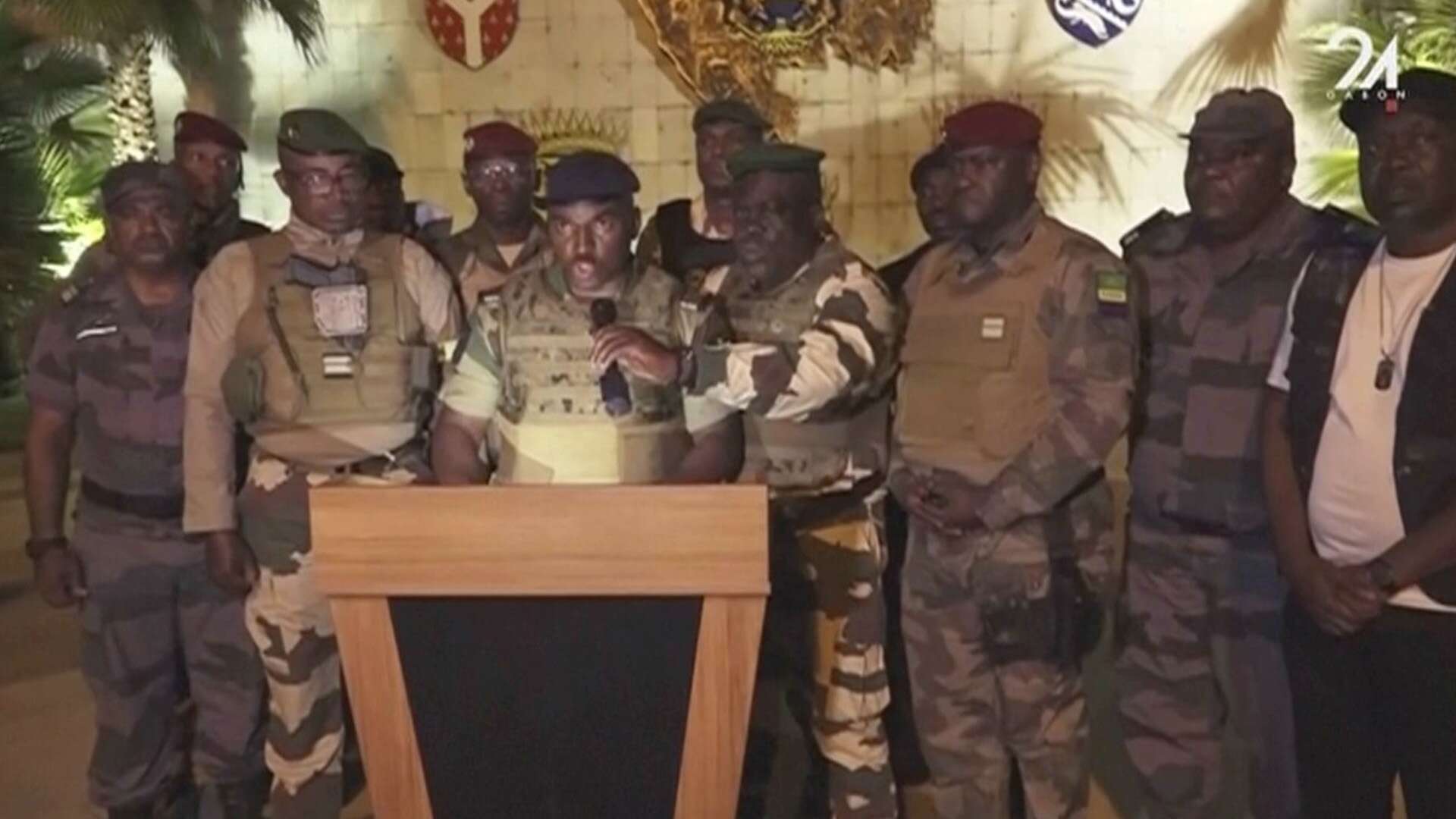“In the O-23 Coup d’état, the king authorized a general to form a concentration government”
- The Spanish Army organized the coup d'état of 23 February 1981, but the objective was to create a government of concentration of civilians led by General Alfonso Armada, which was authorized by Juan Carlos I.ak. This is what journalist Carlos Fonseca says in his recent book.

Much has been written about the attempted coup and on this occasion Spanish journalist and writer Carlos Fonseca has published book 23F, La Farsa (Plaza & Janés, 2024, ‘The Fraud of O23’), in which he denounces that the investigation that has been done so far is a “trap” and that it is about reconstructing history. In his opinion, “we did not want to explore all the complicities and sought to punish as few people as possible”.
The official information on the coup attempt is secret until 2031, but in 2020 the Spanish Supreme Court authorized Fonseca to explore in the court case. As a result of this investigation, Fonseca states that on the day of the coup, General Alfonso Armada tried twice with King Juan Carlos I: one at 19:00 and did not succeed; another at 21:00, and then yes, the king authorized him to propose a concentration with the members of the PSOE, the PCE and the UCD. Fonseca is based on the statements of the judgment of the then secretary-general of the royal house Sabino Fernández del Campo to reach these conclusions.
As Fernández del Campo explains in his judicial declaration, the king authorized the General Army to enter the congress and make that government offer. But, as Fonseca denounces, not all official versions are the same, and he says that in the judgment of the Superior Council of Military Justice it appears that General Gabeiras of the Supreme State granted such authorization to the Army at the request of the Director General of the Civil Guard, Aranburu Topet. Therefore, the statement by Fernández del Campo is rejected.
Vice-President Felipe González
The army intended to enter the Spanish Congress and to extend this offer to members and heads of government kidnapped there. Civil Guard Lieutenant Colonel Antonio Tejero and his guards received the congress from the morning. But the Army failed to get into congress to make that offer, as it is said, when Tejero learned that the concentration government had not given him permission to do so, because he believed the government would be made up of a military junta.
For the Spanish military, the president of the Spanish Government, Adolfo Suárez (UCD), was going a long way during the transition after the death of the dictator Franco, and the goal of the coup was to curb that direction. The concentration government was run by a military, the Army, who would be presided over by the then PSOE secretary-general, Felipe González. It has also been mentioned that the king of Spain donated a million dollars to Adolfo Suárez to leave the presidency of the government.
Fonseca states in the interview by the journalist Jesús Barco de Diario de Noticias: “What would have happened if the army had managed to enter the congress? I would like to think that Members would not accept your proposal. Otherwise, the coup would succeed.”
Fonseca is not the only one that has lengthened the action of the concentration government, which was mentioned since the days after the coup attempt, but has always been pending to what extent the Spanish king pushed or authorized the initiative. Spanish veteran right-wing journalist Luis María Ansón has said these days that the king was aware of this; Ansón, then head of the news agency EFE, has frequently referred to his participation in various meetings and talks prior to the coup. These theses were published ten years ago by the prestigious right-wing journalist Pilar Urbano.
In the book El 23-F and the other coups d'état (O-23a and other coups d'état), published four years ago by historian Roberto Muñoz Bolaños, this involvement of the king was also highlighted, and it says that the king of Spain authorized the Navy to introduce the congress and do so at 23:00. This book analyzes the attempted coup d'état that took place in Spain between 1975 and 1986 and here you can read what the public published in 2019 about this book.
Mali (2020), Guinea (2021), Burkina Faso (2022) Niger (2023) and now Christmas. Each State has its own socio-political reality, and the Western view cannot make generalities. Every coup has its peculiarities and reasons, because Africa is vast and each people has its own... [+]






















